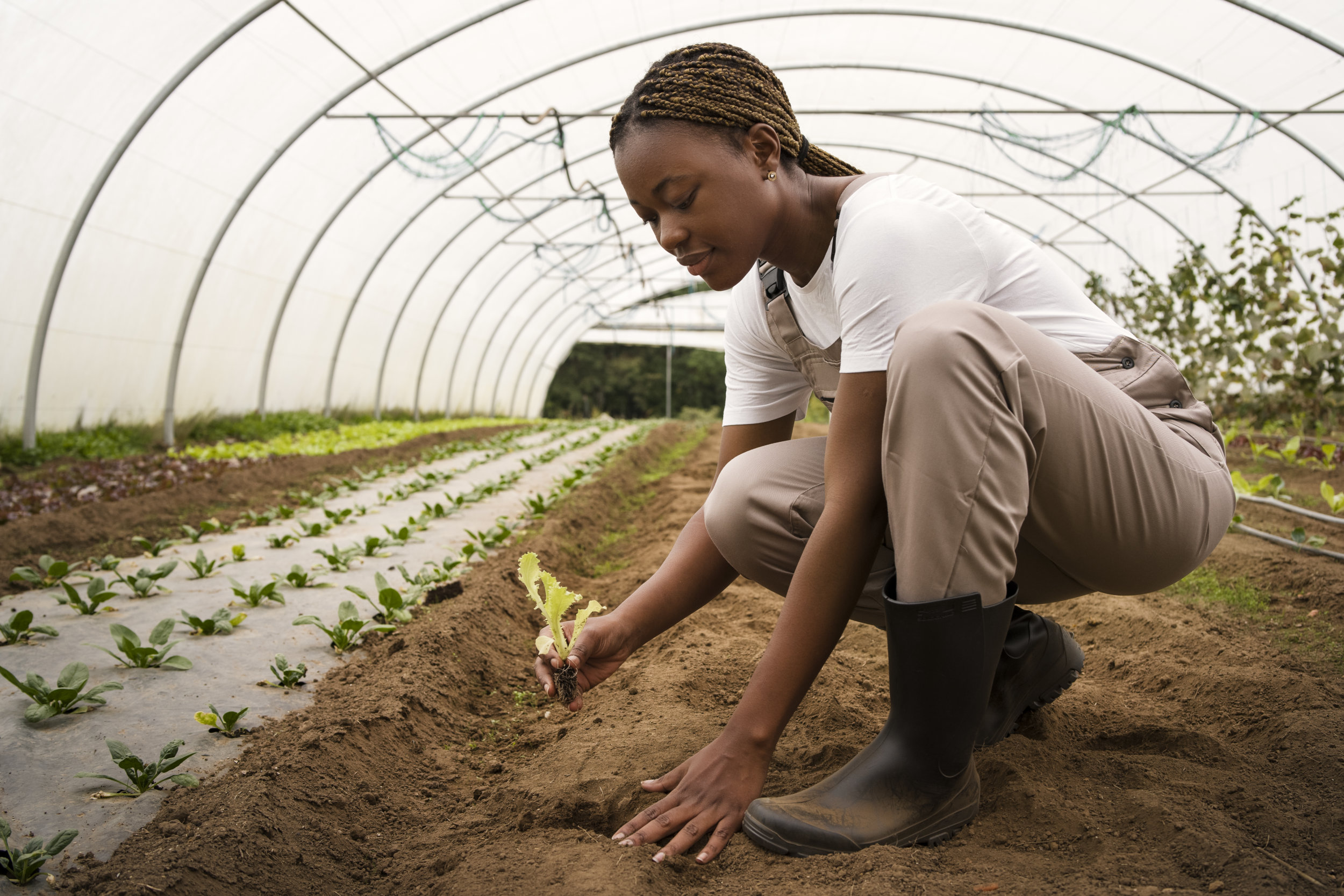Empowering the Women of Africa
Gender inequality is pervasive in African business and it is our collective responsibility to create a more equal society. Empowering women in every sector is an important first step towards fuelling economic prosperity and building the Africa we want.

Gender inequality continues to be a persistent issue in the business world, especially in male-dominated industries like agriculture, where women are underrepresented and marginalised. It’s frustrating to see that women continue to be treated as second-class citizens and data from the Food and Agriculture Organisation of the United Nations really drives home the extent of this problem! African women are only holding 29% of agricultural land and earning a measly 56% of what their male counterparts are bringing in. It’s a sad reflection of how deeply entrenched the cultural and social barriers to women’s advancement in the sector are.
To combat this inequality, it’s absolutely crucial that we uplift and empower women in agriculture by giving them the tools they need to succeed. This means education, mentorship programs, and training – all of which can help women develop the skills they need to succeed and build supportive networks. But that’s not all. It’s also imperative to ensure that women have equal access to capital, land, and markets, so that they can compete on a level playing field. Only then can we start to see the tide turning on this entrenched problem.
The UN reports are equally disheartening. They reveal that only 20% of women in Sub-Saharan Africa are involved in the agricultural sector, compared to a staggering 80% of men. That’s just unacceptable. The solution is clear – improving women’s access to resources such as capital, technology, and markets is critical if we want to drive their empowerment and create an environment that levels the playing field for women in agriculture. It’s really important that we grant women access to these resources so that they can achieve greater financial independence and stability.
Land ownership is another essential factor in ensuring that African women succeed and thrive. Without access to land, it’s impossible to cultivate crops and reap the rewards of one’s labour. But the fact is that there’s a significant disparity in land ownership, with only 20% of women having possession of land compared to 80% of men. It’s really important to address this issue and provide women with the resources they need to succeed, including water, fertilizer, machinery, and technology.
Ultimately, we need to foster an enabling environment that encourages and empowers women to take on leadership roles. This means implementing policies and initiatives aimed at promoting gender equality, affirmative action plans, policies and practices that safeguard women’s workplace rights, and leadership development initiatives. Only by doing all of these things can we hope to turn the tide on gender inequality in the agricultural sector, and create a more equitable world for all.
To this end, the Shared Value Africa Initiative, in partnership with Shift Impact Africa and the #ItsNotOK movement, will be launching a Gender Equality Toolkit (GET) for Business in April. The purpose of this toolkit is to provide guidance and support to organisations in developing and implementing strategies, policies, and operational guidelines aimed at promoting gender equality and addressing gender-based violence and discrimination. It is designed to help organisations assess where they are in creating a more inclusive and equitable workplace environment and guide them as to how to enable an environment that respects the rights and dignity of all employees, regardless of gender. Look out for the announcement on the toolkit launch!
At the SVAI we are acutely aware of the fact that gender inequality in Africa will continue to persist – unless concrete action is taken to ensure that women are given the same opportunities as their male counterparts. Gender equality is not only a fundamental human right but also a critical business issue and the right thing to do.
More importantly, it is the responsibility of the collective to help shift the thinking and create a more equal society. Empowering women in the agricultural sector is a very important first step towards achieving gender equality in business and driving economic prosperity across the African continent.




